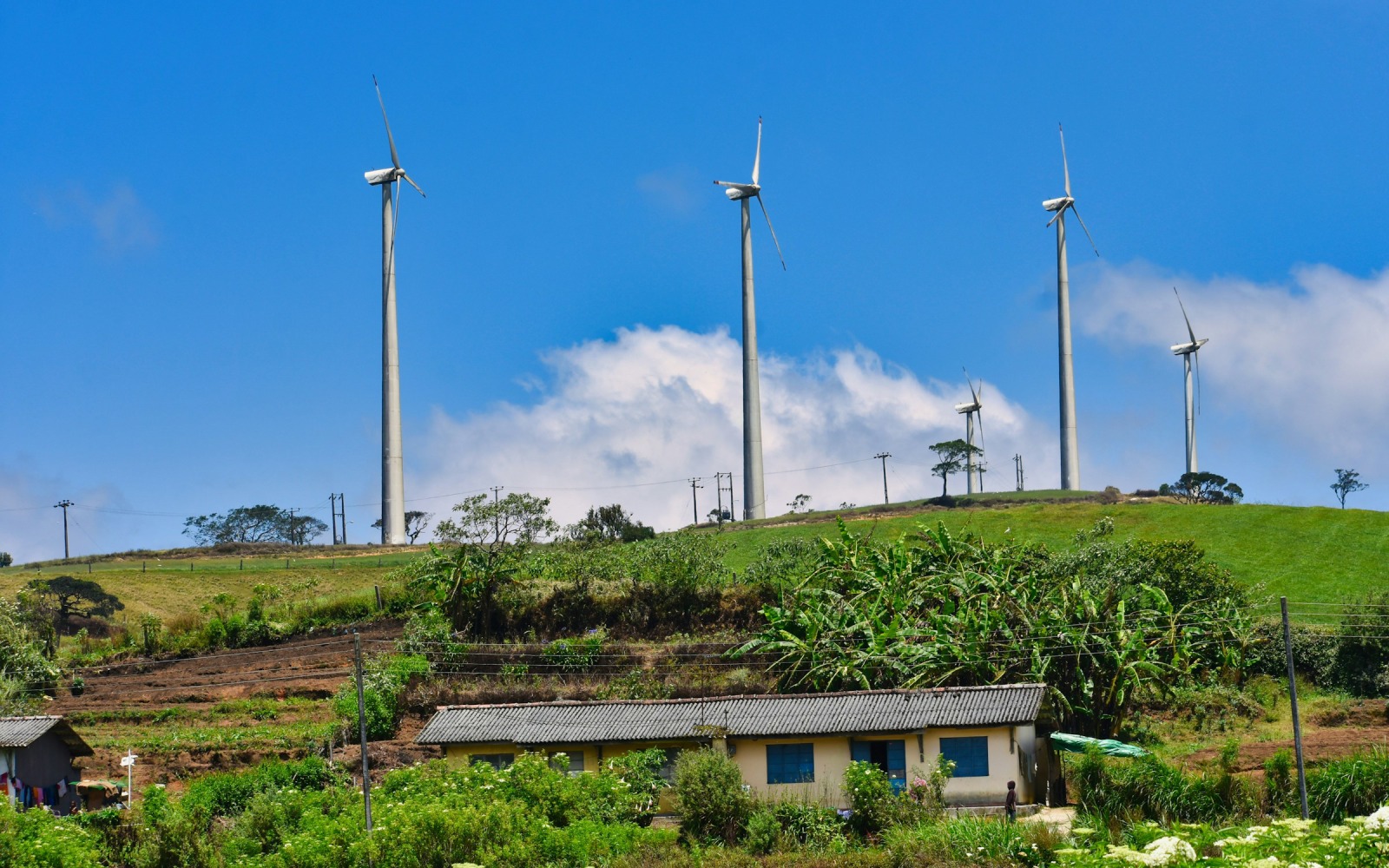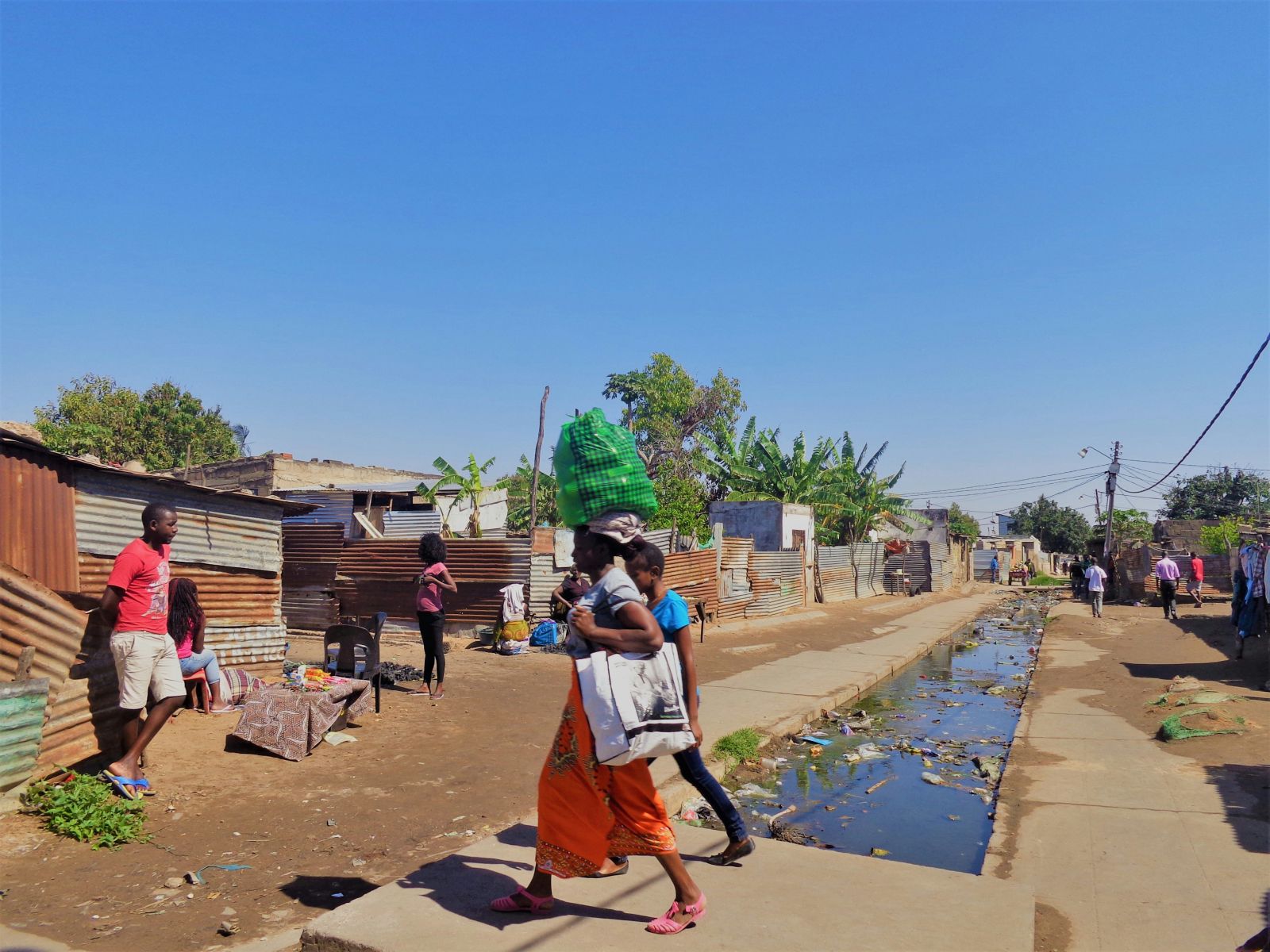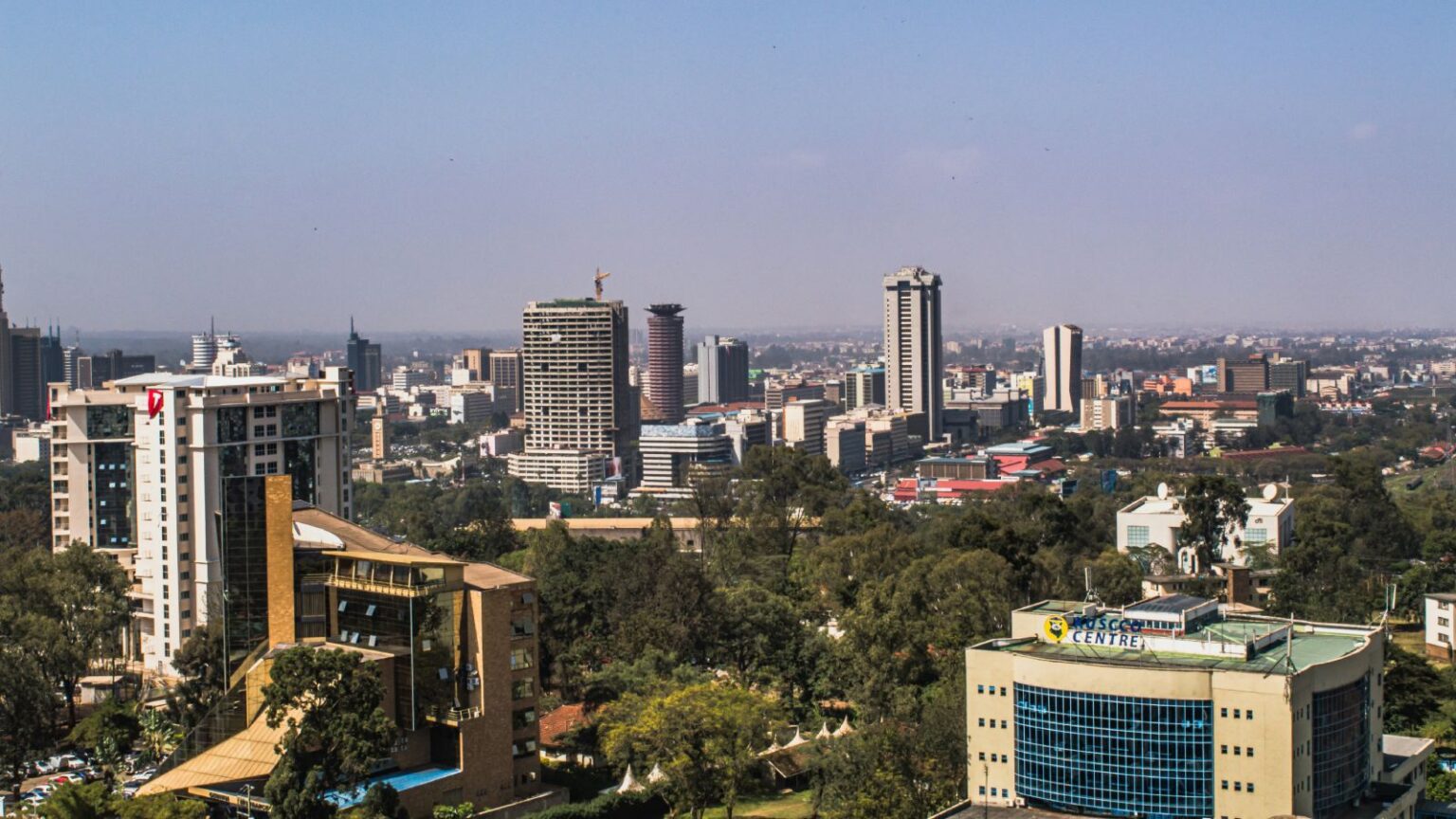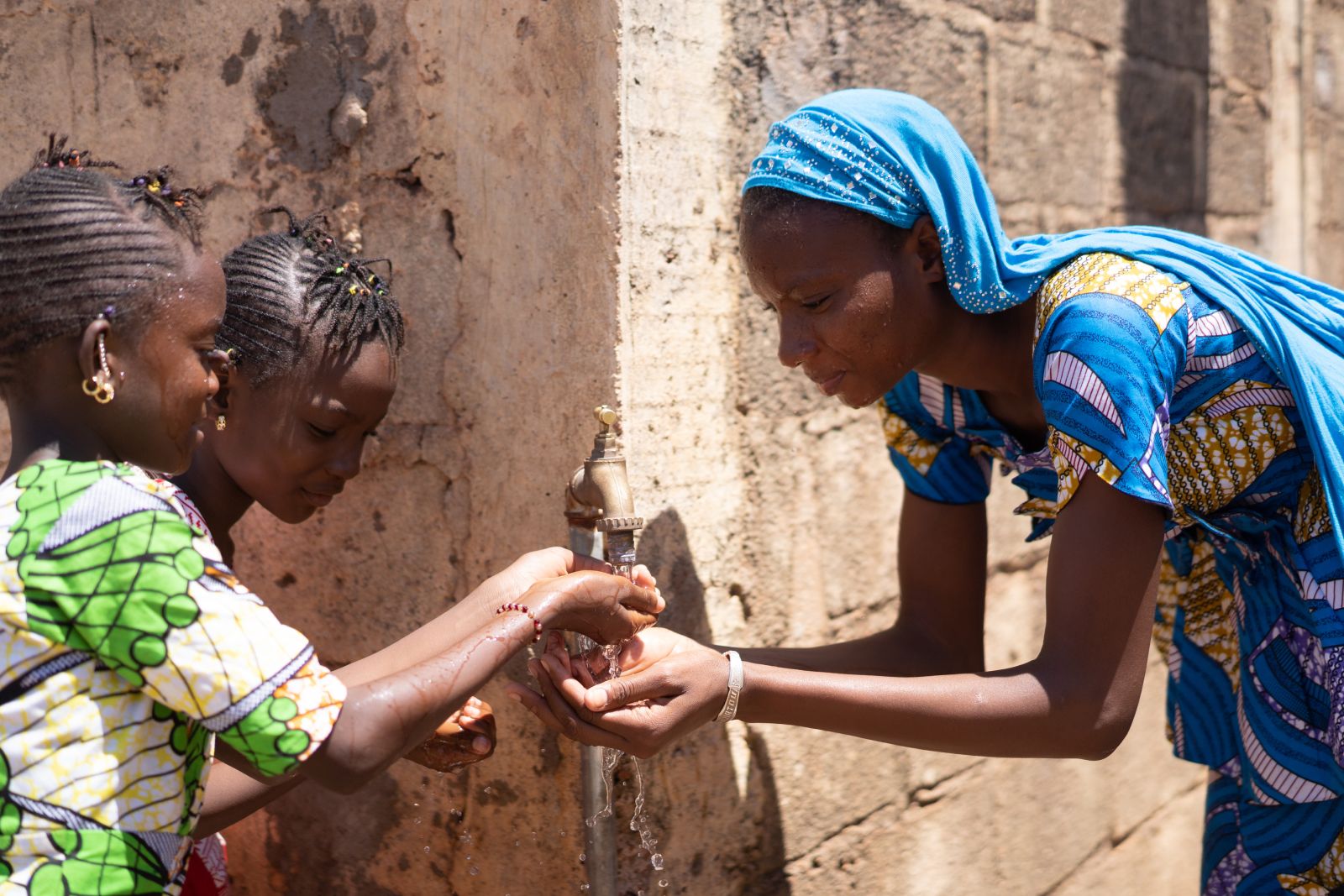
CityLab Africa was an initiative launched in 2019 by the French Presidential Council for Africa (CPA), in partnership with makesense Africa. The project was designed and coordinated by Diane Binder, informed by the emergence of Regenopolis. It aimed to catalyze collaborative innovation for sustainable African cities by bridging local ecosystems and French stakeholders through multi-stakeholder project design and acceleration.
Africa is urbanizing at unprecedented speed. Yet, many cities face critical sustainability challenges – ranging from mobility and waste to housing, energy, and water access. These challenges are compounded by limited collaboration among actors and fragmented project pipelines. CityLab was designed as a response to these barriers, enabling a French-African platform for co-constructing viable, inclusive solutions to urban issues and preparing concrete projects for investment and implementation.




The project resulted in significant outputs and outcomes
